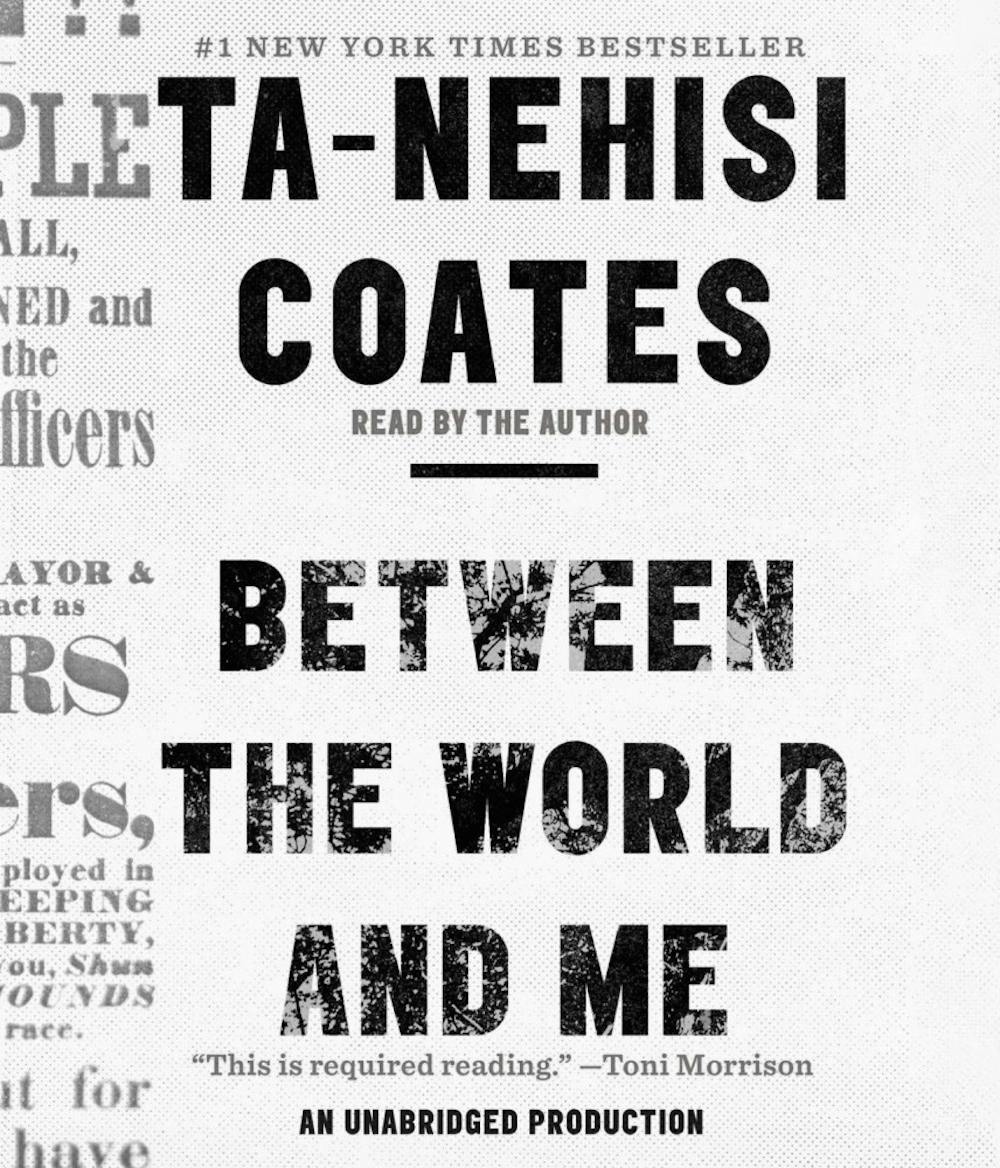Brilliant. Having the opportunity to listen to it read by the author on the very first days of 2019’s Black History Month was a special and meaningful treat. Published to mass acclaim, author Ta-Nehisi Coates — and Middlebury College French Language Schools alum — writes a letter to his son, Samori, that is a testimony and a word of caution to a young black boy growing up in a society — ours — which is regularly hostile to Blacks. Coates spends time detailing how the culture surrounding his youth in Baltimore forced him to adopt an ill-fitting code of conduct that engaged violence and mandated that he navigate his city blocks with a hypervigilance that would protect his body. He also describes his time at Howard University, calling it a “Mecca,” as it welcomed, oriented, fed and sustained college students from every corner of the worldwide black diaspora. This “epistle,” in many ways, is a memoir that traces multiple ways that the black male body can encounter violence in a society whose tradition and heritage is designed to destroy it.
Coates’ work is intelligent, deft and of value to every American of any shade because it underscores how we can live under one flag and have markedly different experiences. The gold of “Between the World and Me” for me, however, is the discussion it engages regarding education — something that takes place in and outside of the classroom. When Coates was growing up in Baltimore, one of his main concerns was getting to and from school safely, as one misstep could lead him into dire straits. Once he made it to class, he studied a curriculum that included French and its verb conjugations. His quandary centered on the sharp and contrasting disjuncture between the social and environmental education — between his need to make it home alive and the formal, bookish education he needed to earn the good grades necessary for upward socioeconomic mobility. What served him in one world, perhaps bravado, aggression and street smarts, would likely punish him in another, say, the world of white collars that may favor approachability, cooperation and studiousness. But as a black boy/man wanting to escape danger — be that danger the violence of the streets or the school to prison pipeline — he was required to master both worlds.
In this work, Coates poignantly asks what aim mass education serves: to allow space, opportunity and structure for agile minds to explore what is curious, or to prepare a broad body of meek, obedient automatons towards lives of compliance — a worthy chunk of fat to chew for any student. Coates also makes a distinction between the rigidity of a curriculum and the free, unlimited knowledge available in libraries, spaces where students can direct their own learning. You have at least three ways to engage with “Between the World and Me” in our collection: print, ebook or audiobook on go/overdrive/. Feel free to ask any librarian at the Research Desk about accessing the audiobook collection. For another work that poses the important questions of “What is an education?” and “Who sets the curriculum?,” see Paulo Freire’s Pedagogy of the Oppressed, available in print and as an audiobook.
The Librarian is in

Comments



